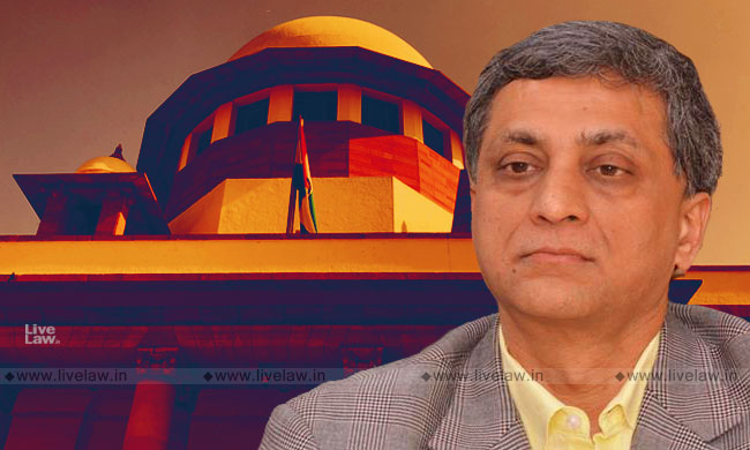Tata Sons' Process Of Removal Of Cyrus Mistry Against Corporate Democracy: Divan Argues In Supreme Court
LIVELAW NEWS NETWORK
16 Dec 2020 10:36 PM IST

Next Story
16 Dec 2020 10:36 PM IST
The courtroom battle in the Tata Sons case reached to day 6 of continuous hearings by the parties. A three judge bench headed by Chief Justice of India SA Bobde heard the arguments advanced by Mr. Shyam Divan, another Counsel appearing on behalf of Cyrus Mistry. Mr. Divan presented his arguments on three aspects. First, 10 main aspects relating to corporate governance and relationship...
